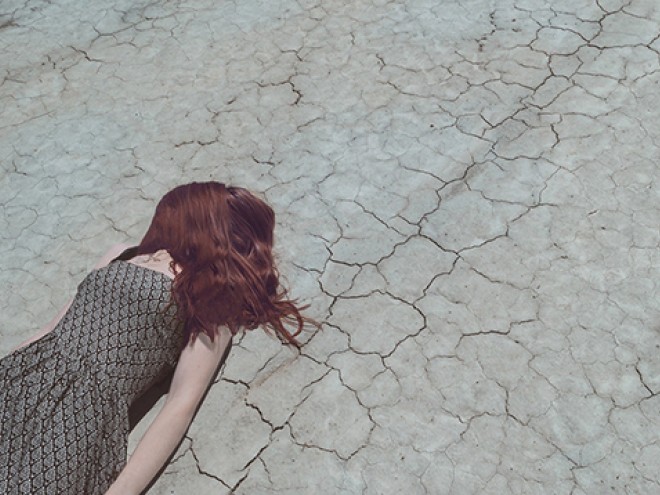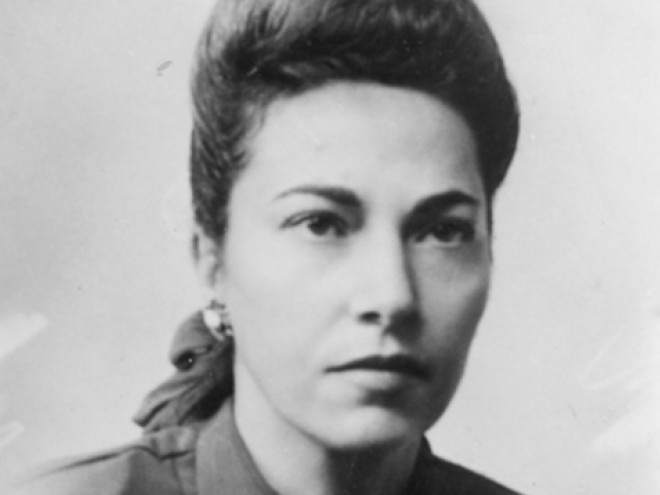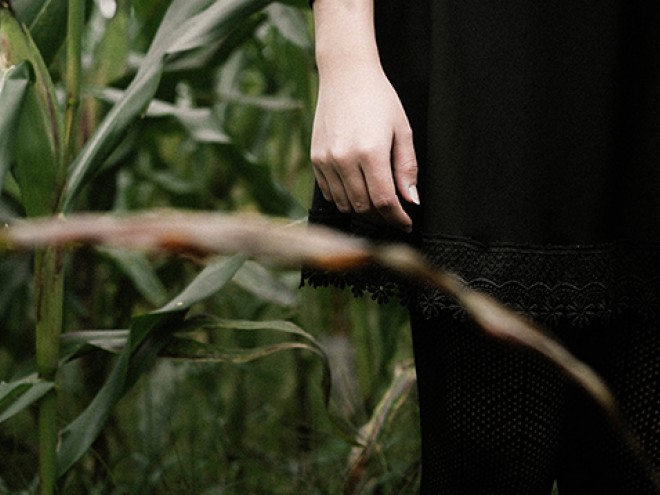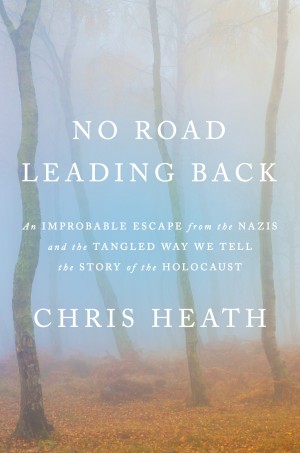By
– June 13, 2012
This remarkable blend of personal narrative and uncluttered research explores both the author’s need to enhance and transform her Jewish identity and the capacity of the Lithuanian people to deal productively with the issues raised by Lithuania’s participation in Hitler’s destruction of its Jews. Wishing to immerse herself in the Jewish culture of her ancestors, the author travels to Vilnius for a summer of study. Here, while taking a strenuous course in Yiddish language and literature, she avails herself of every opportunity to learn about the Holocaust in Lithuania, as well as the conditions of Jewish life during the periods of Russian and Soviet rule surrounding the Nazi reign.
Revelations by her great-uncle, a member of the Jewish police under Nazi occupation, lead Cassedy to track down those individuals who shared his experience. She also explores the experiences and present attitudes of the non-Jews who had assisted their condemned neighbors and those other Lithuanians who had been bystanders – indifferent or fearful witnesses. How do those people feel, now, about their behavior then? What did they learn from their experiences? What, if anything, did Lithuania learn?
Cassedy spent much of her time searching through archives and questioning other researchers. She traveled from Vilnius to other cities and towns in search of witnesses. She visited the neighborhoods of her grandfather’s world and the sites of the mass executions and burials. She asked hard questions. For all of her need to look backward, to recover the past, Cassedy came to realize that the important questions had to do with the future.
At one time, Lithuania was the home of about 240,000 Jews. Only a tiny fragment, perhaps several thousand, remains. At one time Vilnius was called “The Jerusalem of the North.” What can balance the loss of such a vibrant culture?
Revelations by her great-uncle, a member of the Jewish police under Nazi occupation, lead Cassedy to track down those individuals who shared his experience. She also explores the experiences and present attitudes of the non-Jews who had assisted their condemned neighbors and those other Lithuanians who had been bystanders – indifferent or fearful witnesses. How do those people feel, now, about their behavior then? What did they learn from their experiences? What, if anything, did Lithuania learn?
Cassedy spent much of her time searching through archives and questioning other researchers. She traveled from Vilnius to other cities and towns in search of witnesses. She visited the neighborhoods of her grandfather’s world and the sites of the mass executions and burials. She asked hard questions. For all of her need to look backward, to recover the past, Cassedy came to realize that the important questions had to do with the future.
At one time, Lithuania was the home of about 240,000 Jews. Only a tiny fragment, perhaps several thousand, remains. At one time Vilnius was called “The Jerusalem of the North.” What can balance the loss of such a vibrant culture?
All answers are tentative. All questions are crucial. Cassedy’s quest is balanced, engaging, and penetrating. Author’s note, family tree, sources, timeline.
Philip K. Jason is professor emeritus of English at the United States Naval Academy. A former editor of Poet Lore, he is the author or editor of twenty books, including Acts and Shadows: The Vietnam War in American Literary Culture and Don’t Wave Goodbye: The Children’s Flight from Nazi Persecution to American Freedom.





